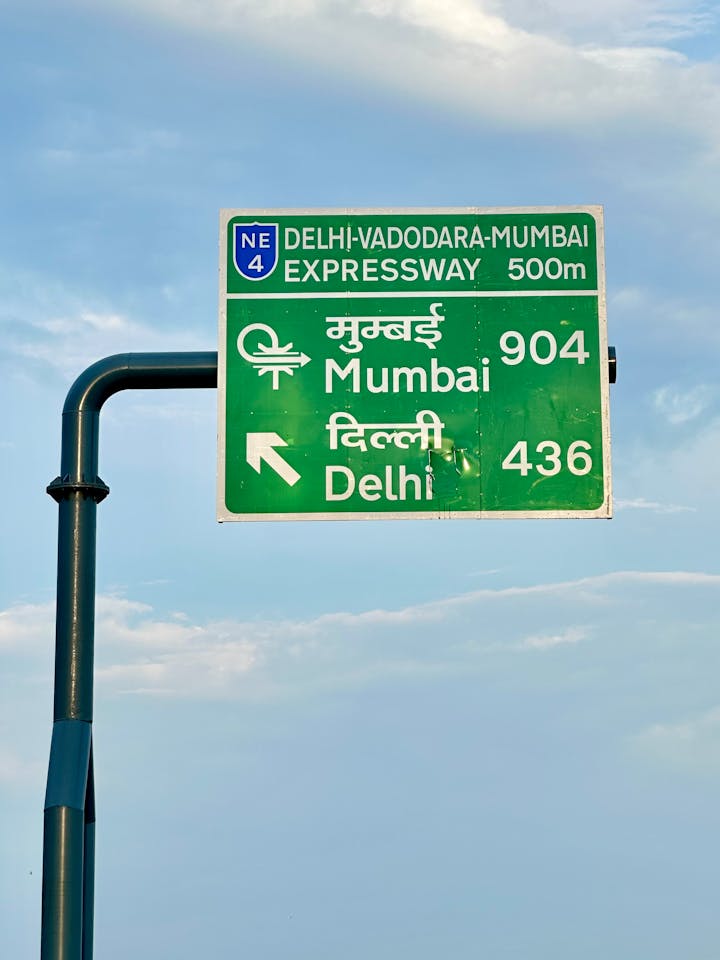AWS Route 53 vs Azure DNS vs Google Cloud DNS
 |
| AWS Route 53 vs Azure DNS vs Google Cloud DNS | Image credit: Pexel |
Domain Name System (DNS) services are vital for routing internet traffic to the right cloud resources. AWS Route 53, Azure DNS, and Google Cloud DNS provide scalable, reliable DNS hosting within their cloud ecosystems. This article explores their key features, similarities, and differences to guide you in selecting the best DNS solution for your cloud architecture.
Key features of AWS Route 53
- Highly available and scalable DNS service with global anycast network
- Supports public and private hosted zones
- Health checks and DNS failover for high availability
- Traffic flow policies for routing based on latency, geolocation, and weighted routing
- Integration with AWS services like ELB, CloudFront, and S3
- Domain registration capabilities
- AWS Route 53 Documentation
Key features of Azure DNS
- Reliable, high-performance DNS hosting with global anycast
- Supports public and private DNS zones
- Integration with Azure services like Traffic Manager for traffic routing
- Automatic scaling and high availability
- Role-Based Access Control (RBAC) for managing DNS records
- DNS alias records to Azure resources
- Azure DNS Documentation
Key features of Google Cloud DNS
- Scalable, reliable, managed DNS service with low latency
- Supports public and private zones with VPC integration
- Global anycast IP addresses for high availability
- DNSSEC support for security
- Integration with Google Cloud Load Balancing and Compute Engine
- Real-time changes with low latency
- Google Cloud DNS Documentation
What is similar in AWS Route 53 vs Azure DNS vs Google Cloud DNS
- All provide globally distributed, highly available DNS with anycast networks
- Support both public and private DNS zones
- Integrate with their respective cloud services and load balancers
- Offer security features like DNSSEC and access control
- Allow health checks or traffic management features for high availability and failover
What is different in AWS Route 53 vs Azure DNS vs Google Cloud DNS
- Traffic Routing: AWS Route 53 offers more advanced routing policies like weighted, latency, and geolocation routing
- Domain Registration: AWS Route 53 includes domain registration services; Azure DNS and Google Cloud DNS do not
- Security: Google Cloud DNS supports DNSSEC by default, AWS requires enabling it per zone
- Access Control: Azure DNS uses RBAC while AWS combines IAM and Route 53 policies; Google Cloud uses IAM
- Pricing: Pricing models vary with DNS queries, hosted zones, and additional features
Conclusion
Choosing between AWS Route 53, Azure DNS, and Google Cloud DNS depends on your needs for traffic routing complexity, domain registration, and integration with your cloud ecosystem. All three provide reliable and scalable DNS hosting tailored for enterprise use.